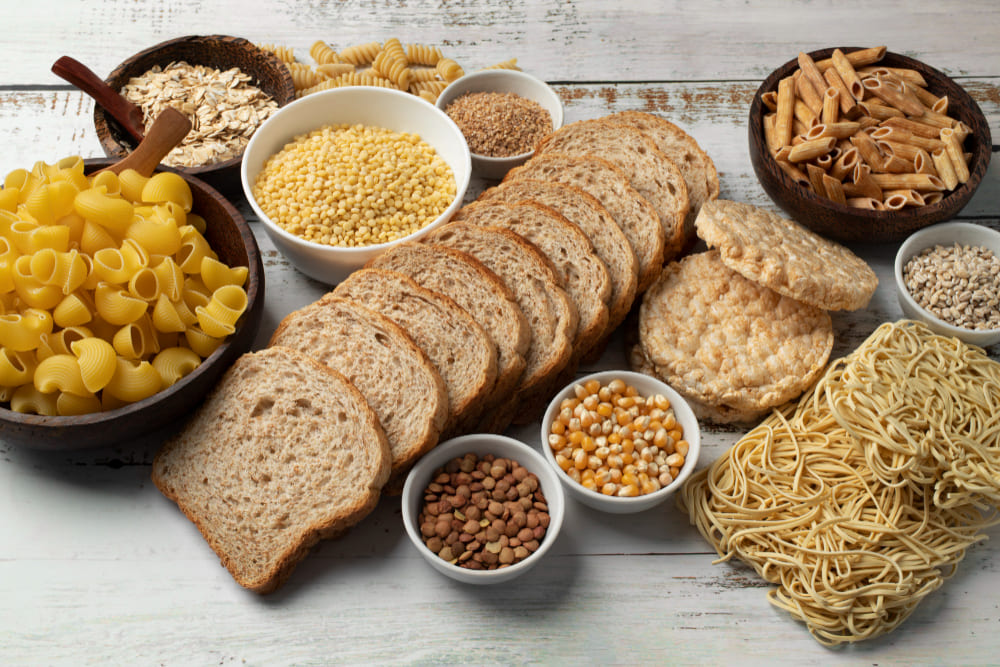
Do You Really Need to Avoid Gluten?
Separating Facts from Fads
In recent years, “gluten-free” has become one of the most popular food trends. You see it on bread, pasta, cakes, snacks — even on foods that never contained gluten in the first place.
But here’s the real question: Do you actually need to avoid gluten? Or has it become yet another diet myth that’s causing more confusion than clarity?
At Delcie’s Desserts and Cakes, we bake both gluten-free and gluten-friendly treats. We know first-hand that gluten is not the enemy for everyone — but for those who truly need to avoid it, it can make all the difference.
Let’s break down the facts.
What is Gluten?
Gluten is a naturally occurring protein found in wheat, barley, and rye. It’s what gives bread its chewy texture, helps cakes hold their structure, and keeps pasta from falling apart.
You’ll find gluten in many common foods, including:
- Bread, buns, and pastries
- Pasta and noodles
- Breakfast cereals and granola
- Cakes, cookies, and muffins
- Soups, sauces, and gravies (often as a thickener)
Who Really Needs to Avoid Gluten?
For most healthy individuals, gluten is perfectly safe. However, some people must avoid it entirely for medical reasons:
- Coeliac Disease
An autoimmune condition where eating gluten damages the small intestine. Even tiny amounts can trigger severe symptoms.
- Wheat Allergy
An allergic reaction to wheat, which can cause symptoms ranging from hives to difficulty breathing.
- Non-Coeliac Gluten Sensitivity
People without coeliac disease may still experience bloating, fatigue, headaches, or digestive discomfort after eating gluten.
If you don’t have one of these conditions, there’s usually no medical reason to avoid gluten completely.
Common Myths About Gluten
Myth 1: Gluten-Free is Automatically Healthier
Truth: Many gluten-free products are highly processed, higher in sugar, fat, or refined starches to make up for the missing gluten.
Myth 2: Gluten Causes Weight Gain
Truth: Weight gain comes from excess calories, not gluten itself.
Myth 3: Gluten-Free Means Low-Carb
Truth: Gluten-free foods can still be high in carbohydrates.
Myth 4: Everyone Feels Better Without Gluten
Truth: Unless you have a gluten-related condition, removing gluten won’t necessarily improve your health.
Risks of Going Gluten-Free Without a Medical Reason
Jumping on the gluten-free bandwagon without a diagnosis can cause unintended problems:
- Missing out on nutrients found in whole grains (like fibre, B vitamins, and iron)
- Relying too much on processed gluten-free snacks
- Spending more on “special” products unnecessarily
Whole grains like wheat, barley, and rye can be part of a balanced, healthy diet — unless your body truly cannot tolerate them.
Our Approach at Delcie’s
We believe in choice and inclusivity. That’s why we offer both gluten-free bakes for those who need them and wholesome wheat-based options for those who don’t.
Our gluten-free cakes are:
- Made wheat free and gluten related ingredients (safe for coeliac and gluten-sensitive customers)
- Minimise cross-contamination in dedicated preparation areas with separated designated Gluten-Free tools.
- Crafted with natural, plant-based ingredients
- Just as soft, moist, and flavourful as traditional cakes
Whether you’re avoiding gluten for medical reasons, personal preference, or just want to try something lighter on the stomach, you can enjoy a safe, delicious treat without compromise.
The Bottom Line
For most people, gluten is not harmful. But for those with coeliac disease, wheat allergy, or gluten sensitivity, avoiding it can be life-changing.
The key is not to follow food trends blindly — but to listen to your body, get tested if you have symptoms, and make food choices that truly serve your health.
At Delcie’s, our goal is simple: to make dessert a safe, joyful experience for everyone — with or without gluten.
